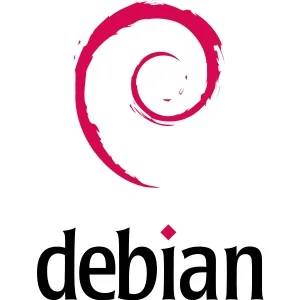A Major Music Company Now Backs Systemd In Debian

Spotify, the commercial music streaming service, runs Debian on their servers. Spotify has more than 5,000 physical serivers and over 1,000 virtual machines and they're all running Debian GNU/Linux. This big Debian shop has now voiced their opinion after yesterday's Phoronix article. Noa Resare on the behalf of Spotify wrote in the bug report:
Spotify, an online streaming music service, is a significant user of Debian GNU/Linux. We have some 5000 physical servers and well over a thousand virtual servers using both public and private clouds running Debian GNU/Linux serving millions of songs to our users every day.
We would like to take this opportunity to endorse systemd as our preferred init system and we would like to see it as default on Debian GNU/Linux moving forward.
Our main reasons for this preference:
- We believe that the dependency model of systemd is easier to understand, explain and work with than the event based counterpart of upstart.
- We believe that the various features built on top of the way systemd uses cgroups, notably mechanisms for resource limitations, would be very useful in a highly scalable highly available environment such as ours.
- We believe that systemd will have the stronger community momentum moving forward when it comes to seeing close integration between modern init system features and upstream projects.
46 Comments

